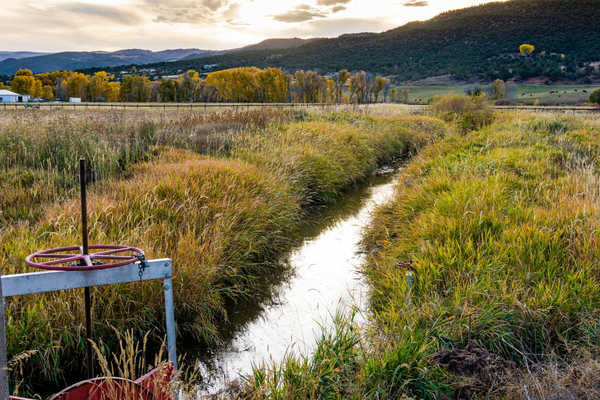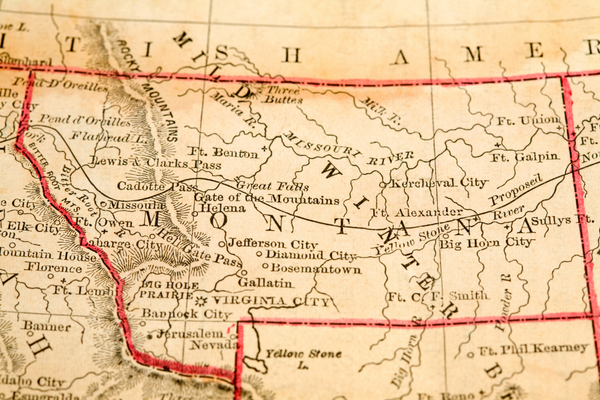The State of Montana owns the waters within the state on behalf of its citizens. Citizens do not own the water but can possess a legal right to use the water within state guidelines. By law, a recorded water right is required for the majority of water uses to be valid, legal, and defensible against other water users. A water right protects the use of that water from other uses later in time, from unrecorded, illegal uses, or from others who exceed their rights.
Water Resources Regional Offices
Eight Water Resources Regional Offices are located around the state to assist with water right applications and questions. Personnel at each office can inform you of specific water right considerations in your area.
Application status and public notice tools.
Basin closures and controlled groundwater areas.
Survey Books and Field Notes
The Montana Water Resources Survey and Field Notes are an excellent resource for various state and federal agencies, water users and the public. As the very nature of the prior appropriation doctrine is based on historical use, these surveys become an invaluable tool used in today’s efforts to adjudicate Montana’s water rights.






